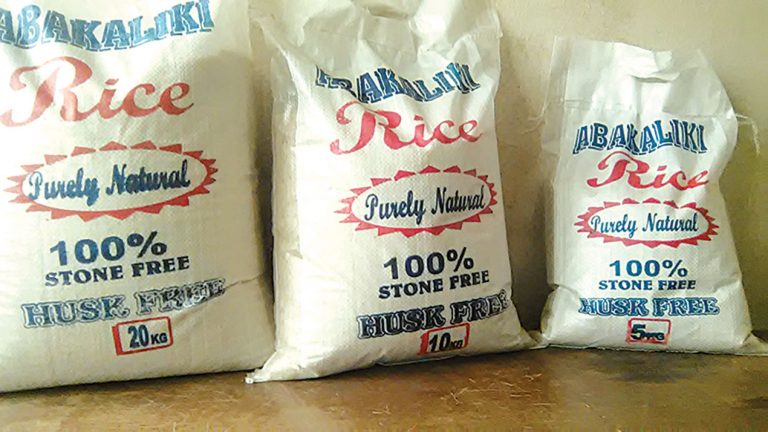
The saying that nothing good comes easy is true. But it is uneasy to wait for that good to occur. The pains, stress, and tribulations you pass through as you work and wait for things to turn out well can make you the essence of the efforts. However, in the end, like the patient dog that eats the fattest bone, you will smile home, bearing your bountiful harvest. This is exactly what is unfolding in Nigeria, regarding the rice importation restriction.
In August 2019, the Nigerian Government stopped granting foreign exchange requests by rice importers. As far as we were concerned, foreign rice was banned in the country. This did not go down well with many of us because we saw a gloomy future with that single policy. Many believed the federal government was out to cause more hardships for the citizens because rice, one of Nigerians’ staple foods, besides cassava and maize, will be placed out of the reach of a poor man. Did we call the President and the CBN Governor names? Oh yes, we insulted life out of them. But, from what is happening now, it is obvious that the decision to restrict the importation of rice will favour us in the long run.
The major reason Nigerians were uncomfortable with the ban on rice importation was that local rice production could not sustain the country’s heavy demands for the food grain. Many of us believed that rice scarcity was imminent because local rice farmers cannot feed the more than 200 million Nigerians. But from what we can see, rice has never been scarce in our markets even though the increase in demand for our local rice has led to its price increase.
Tekedia Mini-MBA edition 16 (Feb 10 – May 3, 2025) opens registrations; register today for early bird discounts.
Tekedia AI in Business Masterclass opens registrations here.
Join Tekedia Capital Syndicate and invest in Africa’s finest startups here.
Judging from what is happening right now, it is obvious that our local farmers can feed the nation if they are given a little push in the right direction. The truth is that, initially, many Nigerians preferred imported rice to the local ones, thereby discouraging farmers from cultivating more rice. Add this to the high level of insecurities and destruction of crops through open grazing, you will understand why local rice was scarce before. Apart from these, local farmers lost most of their grains to improper storage and wrong processing. Rice mills were not much so that a lot of paddies got spoiled before they were milled. Since their rice farming was not considered profitable then, people did not bother investing much in it. But all these are gradually changing.
The quantity of rice consumed in Nigeria is estimated at 7million tonnes in 2019 but only 4.3 million tonnes were produced by local farmers that year. This may sound like a failure but when compared to the 3.7 million tonnes produced in 2017, you will notice that the efforts are paying off. This year alone, the FG has launched three rice pyramids in Gombe State (North-East), Kebbi State (North-West), and Ekiti State (South-West). It has also promised more intervention programmes for rice farmers, which will improve yields and encourage more individuals and organisations to invest in rice farming. National and international organizations, including USAID, have partnered with rice farmers because they saw prospects in the business. More grants, soft loans, and other forms of funding and incentives have also been made available for rice farmers. Considering how things are going now, Nigeria may produce more than enough rice for its citizens in no distant time. However, a lot more has to be done to encourage that.
One of the challenges Nigerian farmers face today is non-mechanized farming. The land may be there for cultivation but it will be too expensive for farmers to do so without machines. As a result, machines should be made available and kept in good conditions for farmers to rent. Government and private individuals can partner to make this possible.
The high rate of insecurities in the rural areas is also affecting farming. Though the government is doing its best to battle this, more efforts should be made, especially by state governments, to provide security for citizens. When farms become safe for farmers, food will be available to all. But all in all, there is hope for Nigeria because we can produce the foods we eat. However, more people should endeavour to invest in agriculture because that is the next major source of revenue and foreign exchange for the country.


